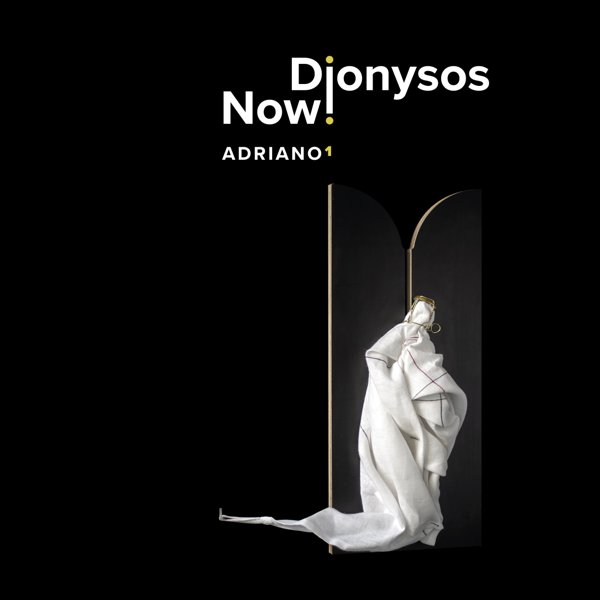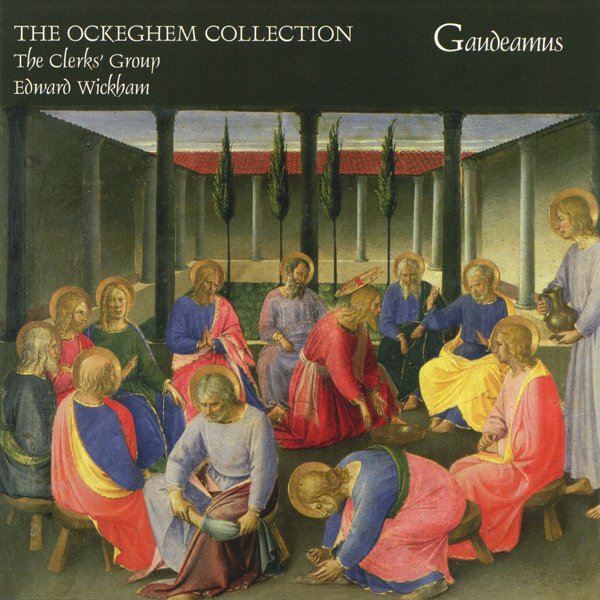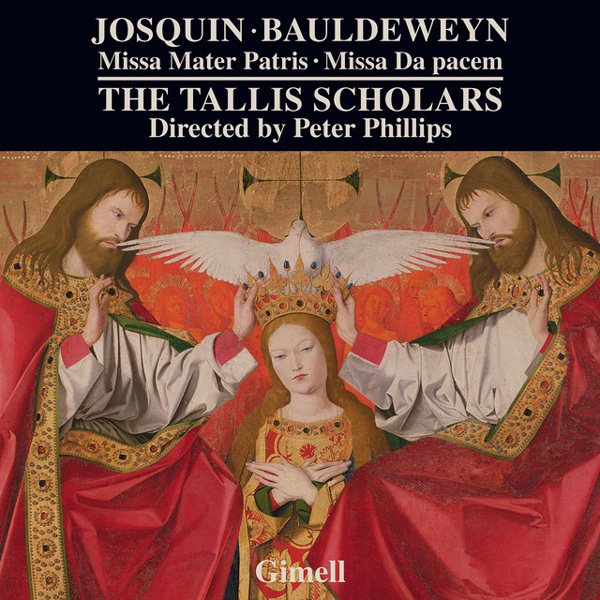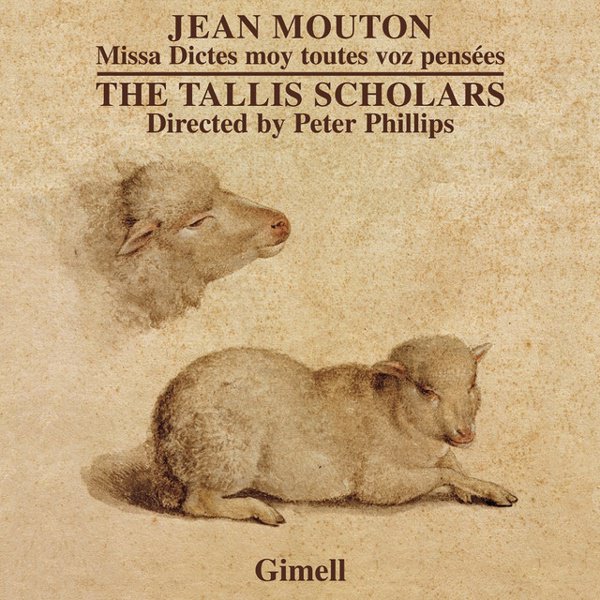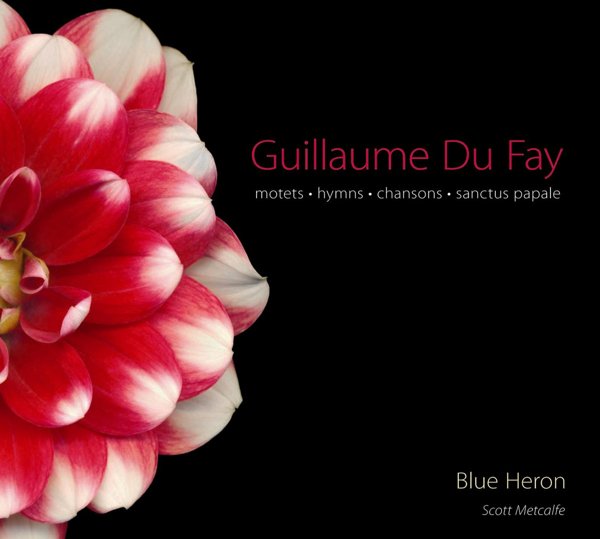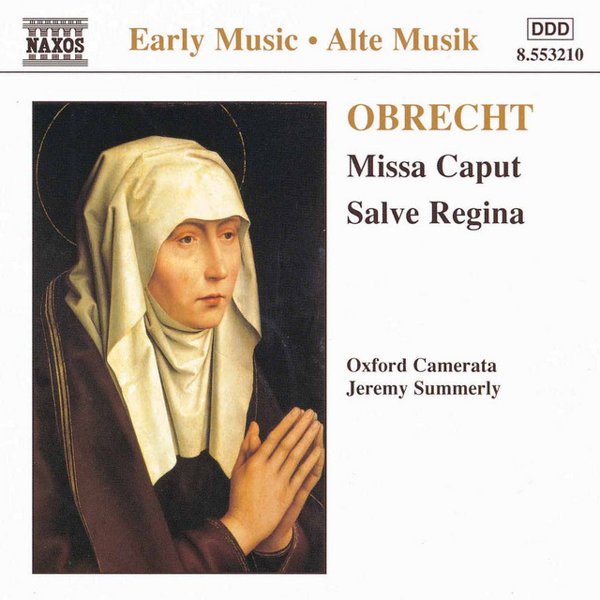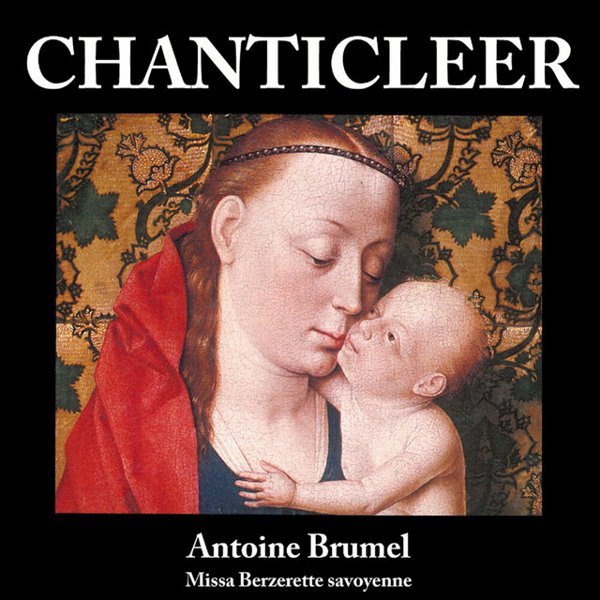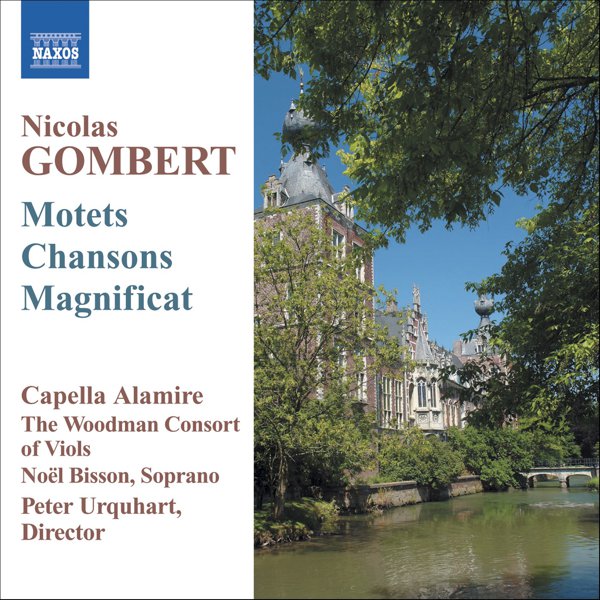From the early 15th to the late 16th centuries, there was a flowering of musical innovation and productivity in a geographical area that included northern France, Belgium, and the southern Netherlands. Over the course of a roughly 200-year period, choral music in that region burst out of the constrictions of the ars nova style that had dominated both religious and secular composition throughout the 14th century and emerged as the first full expression of polyphony – writing for multiple voices, each equal in importance to the others. The musical innovations emerging from this region would exert a huge influence throughout Europe and contribute significantly to the shape of sacred composition up through the baroque era. As composers had to rely on chapel and court appointments to support them, Mass settings and motets were the most important musical products of this period – funeral and festal Masses were often written in honor of the composers’ patrons. But the composers of this school often wrote secular songs and instrumental music as well, some examples of which continue to be recorded and performed alongside their sacred music today.
The earliest composers generally identified as part of the Franco-Flemish School are those who flourished around the ancient court of Burgundy, including Gilles Binchois and Guillaume Dufay. In the work of these composers you can still hear strong hints of the open textures, extended melismas, and vinegary harmonies of the ars nova style. With the later work of Johannes Ockheghem and Antoine Busnois, we see an emergence from that influence, as vocal parts are written with richer, closer, and denser harmonies and textures, while also becoming more interactive and less independent. In the late 15th century came composers like Jean Mouton and Pierre de la Rue, who introduced subtle innovations of style including a greater emphasis on canonic writing and the introduction of the parody Mass – a Mass setting that would use a previously-written melody (often of a popular song, such as “L’homme armé” or “Fortuna desperata”) as the structural basis for the composition.
In the 15th and 16th centuries, the influence of the Franco-Flemish composers spread throughout Europe. The music of Giovanni Pierluigi da Palestrina, in Italy, and of the toweringly influential Spanish composer Tomás Luis de Victoria draws deeply on the Franco-Flemish style, and then develops it further, looking forward to the later innovations of Claudio Monteverdi and Giovanni Gabrieli, which in turn would usher in the baroque period’s rococo elaborations of Renaissance style.

![Richafort: Requiem [in memoriam Josquin Desprez] cover](https://images.theshfl.com/5710662666289152_v1_600.jpg)
